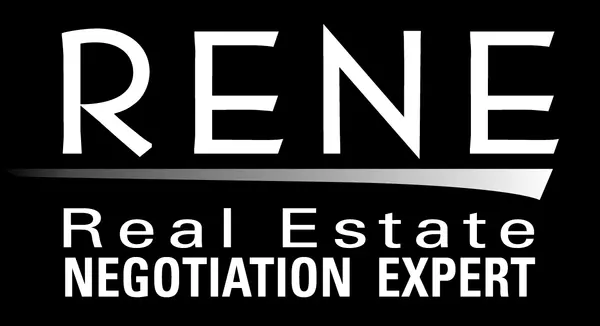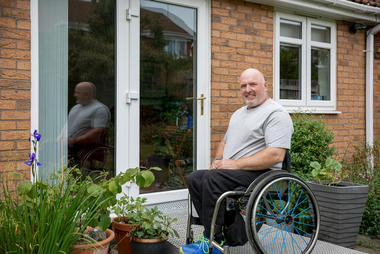

Building Long-Term Wealth With Your House
I know you want your children and grandchildren to live happy, healthy and prosperous lives — and through your home and property, you can take steps to providing that security! Click through to learn how you are already positively impacting the next generations' wealth. Often people ask me, "Ther
Read More

Making The Right Offer
You’ve found your dream home and been preapproved for a mortgage, and now you’re ready to make an offer on the property. But how big of an offer should you make? Click through for some insights into getting started on a negotiation. Should you make a full-price offer, one equal to the home’s list
Read More

Is This Your Situation: Worried That Job Hopping Could Hurt Your Loan Chances?
Thinking of switching jobs, or had a recent change? This can affect your ability to get a mortgage. With many homeowners staying in jobs for shorter periods of time vs our older counter-parts, it is good to plan when to make that job hop if you are also considering buying a home. Ready to jump to
Read More
Categories
- All Blogs (36)
- Buying (3)
- Closings (1)
- Colorado (7)
- Condo's and Co-op's (2)
- Curb Appeal / Outdoor (1)
- Extended Stay Living/ Furnished Rentals (1)
- HOA's (2)
- Home Improvement (1)
- Home Repair (1)
- Inspections (1)
- Insurance (2)
- Interior Design / Staging (2)
- Monthly News (6)
- Mortgages (2)
- Moving (1)
- New Builds (1)
- Property Taxes (1)
- Remodeling (4)
- Retirement/ Adult Communities (2)
- Selling (1)
- Taxes and Investing (1)
- Title (1)
- Transaction Process (1)
- Vacation / Holidays (1)
- Your Home is Your Biggest Asset - Financial Goals (6)
Recent Posts










SUBSCRIBE TO MY NEWSLETTER
Subscribe today to get real estate news you can use delivered to your mailbox biweekly on Thursdays!
GET MORE INFORMATION
Theresa Tscheschke Gunal
Broker Associate | License ID: FA.100087128
Broker Associate License ID: FA.100087128
